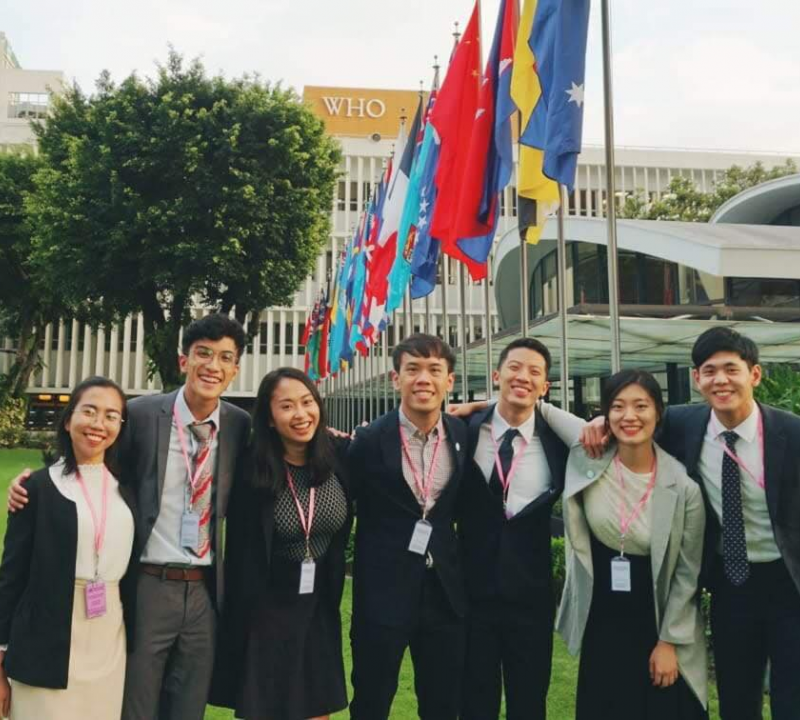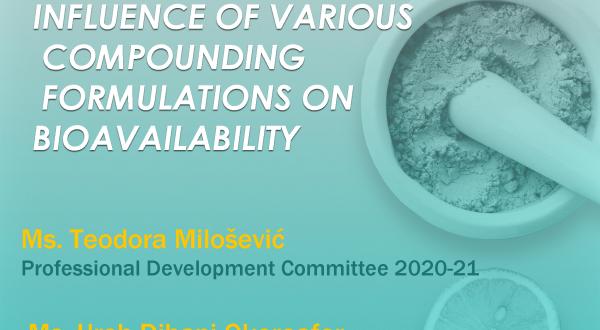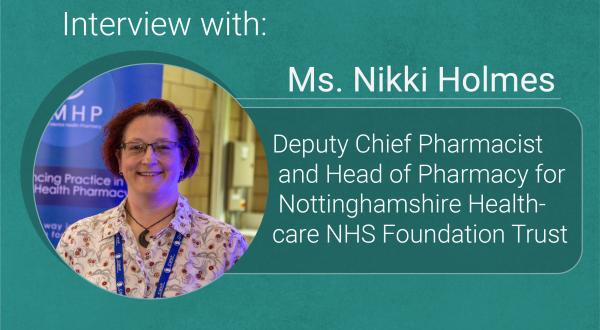
[IPSF APRO] APRO CORNER - ANTIMICROBIAL RESISTANCE (AMR): MAIN CHALLENGE AS PHARMACIST
IPSF APRO Corner serves a platform for public-sharing knowledge to members about IPSF APRO RWGs when they participate in any IPSF or IPSF APRO event or external meeting. In this WPRO edition, Mr. Cheng-Hsuan Tsai (IPSF APRO Chairperson) has met Mr. Emmanuel Eraly who is currently working at the Department of Antimicrobial Resistance (AMR) in the WHO Regional Office for the Western Pacific to have a discussion about Antimicrobial Resistance (AMR) which is a serious global health issue currently.
According to Mr. Emmanuel, the main challenge to handle antimicrobial resistance (AMR) is the overuse and misuse of antimicrobial agents. People tend to take antibiotics which are the leftovers of the previous course and without prescriptions for just a common cold. Although some people may get the antibiotics with prescription, they take antibiotics without following the prescribed period i.e. they might stop the antibiotics once they feel their symptoms are resolved. These will result in an increase of AMR since the more frequent we are exposed to antimicrobials, the greater resistance mechanism will be developed.
AMR is an urgent issue for us to resolve since the resistance rate is increasing rapidly in most countries. If the antimicrobial resistance rate is continued to rise and we do not take any action to stop it, millions of deaths can be caused by the current diseases we have seen in most countries in 2050. Fortunately, we can still reverse the curve if we take concerns and start to take actions to resolve AMR at this stage.
There are a few actions or interventions which are pretty simple to be carried out by each individual including you, who are reading this article. The best way to prevent the usage of antibiotics is definitely by lowering risk of getting illness. Firstly, do make sure you get the vaccines available to prevent diseases. Next, practise good hygiene such as washing your hands properly and this should be introduced to children early in the young age. Do not reserve antibiotics at the first place when you get sick because antibiotics are not really required for many illness in fact. The best approach is to see a doctor, get the proper examination and the prescription of antibiotics to be taken if necessary. Do take the right amount of antibiotics within prescribed period according to the prescription.
“I think pharmacists are key actors in fighting against AMR,” said Mr. Emmanuel. Several actions can be taken by pharmacists in resolving AMR. For example, pharmacists should only dispense antibiotics to patients upon prescription and make sure the prescription is filled properly. Pharmacists should keep the prescription upon dispensing antibiotics so the patients cannot get the antibiotics continuously with the same prescription. Pharmacists can also provide patient’s counselling on safe and effective use of antibiotics upon dispensing medicine.
As pharmacy students, we should learn more about AMR and understand the roles of pharmacist in this area. Besides, we should apply proper pharmacy practices including advising patients properly on antibiotics use when we go through trainings or attachments in hospital or community pharmacy setting. We can also make use of social media to raise this issue among youngsters and engage them to concern this issue at an early age.
In conclusion, there are several actions that can be taken by us who as pharmacy students and we may start to play our roles in combating AMR from now. In accordance with this, you may grab the opportunity to participate in any events or campaigns held in your areas for World Antibiotic Awareness Week 2019 which is from 18th to 24th November.
Author: Lim Khai Xin (MyPSA, Malaysia) RRO Subcommittee of IPSF APRO
Reference:
- WHO Official Website. https://www.who.int/news-room/events/detail/2019/11/18/default-calendar/world-antibiotic-awareness-week-2019



